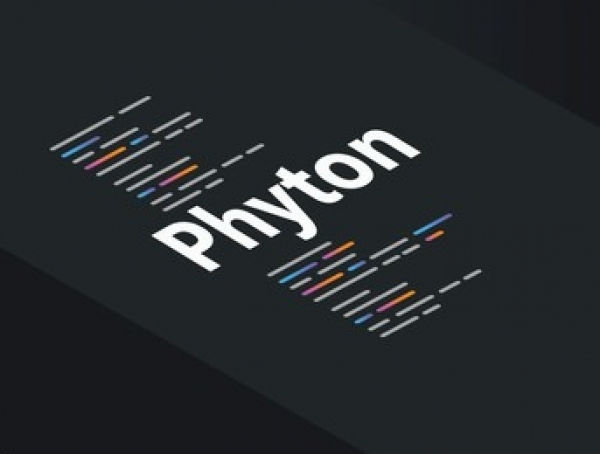The Best Android Programming Languages For Building Robust Apps
- appinvento
- Jan 17, 2023
- 3 min read
Most individuals check their smartphones up to 100 times every day, according to research. For millennials who are typically addicted to their phones, this is extremely doable. The list of preferred apps includes Twitter, Snapchat, Instagram, and Facebook. The complexity of the procedure involved in an app increases with the number of features it has. Along with choosing the best mobile app development company, choosing the correct Android programming language is essential for producing a flawless app. There are many languages available, including Java, Kotlin, C++, Python, and others. Find out about each one and which one best fits your needs.
There are a variety of Android programming available to developers, and the best one for you will depend on your specific needs. Here are some of the most popular Android programming languages, as well as their pros and cons.
1. Java
Java is the official language of Android development and is used by the vast majority of apps on the Google Play Store. It’s a mature language that has been around for over 20 years, and it’s been battle-tested by millions of developers.
Pros:
Java is a very popular language, so there is a large community of developers who can help you with your project.
Robust and well-documented
Widely used, so there’s a large ecosystem of libraries and tools
Easy to learn for experienced programmers
Cons:
May be too verbose for some programmers
Requires a Java Virtual Machine, which can add complexity and overhead
2. Kotlin

Kotlin is a relatively new language that was designed to be a better alternative to Java. It’s fully compatible with Java and can be used to write Android apps.
Pros:
More concise than Java
Runs on the Java Virtual Machine, so it has good compatibility with existing Java libraries
Supports both object-oriented and functional programming paradigms
Cons:
Still a new language, so the ecosystem is not as robust as Java’s
Not as widely adopted as Java, so there’s a smaller pool of programmers to hire from
3. C++
C++ is a powerful language that can be used for Android development, though it’s not as common as Java or Kotlin. It’s often used for games or other performance-critical apps.
Pros:
Can be used to write high-performance code
Has a variety of language features that can make development easier
Has a large ecosystem of libraries and tools
Cons:
Can be more difficult to learn than some other languages
Not as well-suited to Android development as Java or Kotlin
Not as widely used for Android development
4. Python

Python is a programming language with many benefits, but there are also some potential drawbacks to be aware of. Explore the pros and cons of using Python for your next project.
Pros:
Versatile language, open source, fast and efficient
Can be used for many different types of programming.
Has a relatively small learning curve
It's easy to get started with.
Many free resources available to help you learn the language
Can handle large amounts of data quickly and efficiently
Cons:
Speed Limitations
Browsers and Mobile Computing Weak
Insufficient Database Access Layers
Restrictions on Design
Wrapping up
So there’s a smaller pool of programmers to hire from no matter which language you choose, you’ll be able to write robust Android apps. The important thing is to pick the language that’s best suited for your needs. App development is only possible with the approach applied perfectly and with the right follow-up. The AppInvento experts will be of great assistance if you are also interested in learning about various Android programming languages and how they are implemented. We have all the information you need on our website about developing apps. Additionally, our staff has several tech enthusiasts that can provide detailed knowledge on the development procedure you need for your upcoming application.



Comments